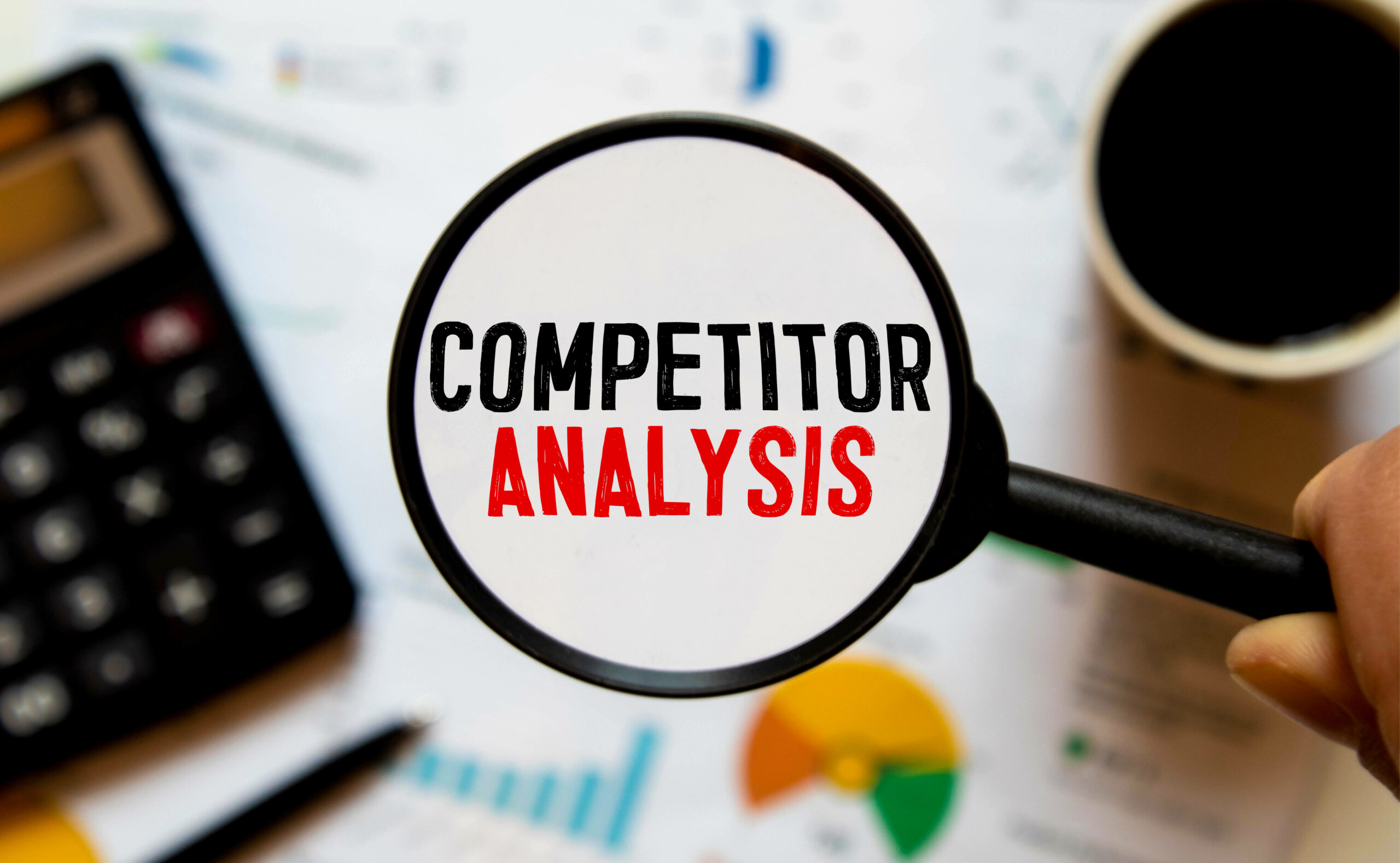Gain a distinct advantage by leveraging thorough analysis of your rivals and refining your market positioning to stay ahead.

What is Competitor Analysis?
Our Deliverables
Understanding Competitor Analysis
Why Competitor Analysis Matters
Competitor analysis is essential for several reasons:
- Strategic Planning: It guides your business strategy by highlighting potential opportunities and threats within the market.
- Market Differentiation: It allows you to distinguish your products or services by identifying the shortcomings of your competitors.
- Pricing Strategy: Understanding your competitors’ pricing approaches enables you to establish competitive prices that optimize profitability.
- Marketing Optimization: It allows you to refine your marketing strategies by analyzing the successes and failures of your competitors.
- Risk Mitigation: Recognizing the potential threats and challenges posed by competitors enables you to take proactive measures to address them.
The Role of Competitor Analysis Services
Expert competitor analysis services are essential for assisting businesses in gaining a competitive advantage. Here’s how:
- Specialized Knowledge and Experience: Competitor analysis services offer in-depth expertise and experience in performing comprehensive research and analysis of competitors across different industries.
- Data Gathering: These services utilize sophisticated tools and techniques to collect and analyze competitor data from various sources, ensuring both accuracy and reliability.
- Impartial Evaluation: Competitor analysis services offer an unbiased evaluation of your competitors, enabling you to make informed decisions based on objective insights.
- Strategic Recommendations: They provide strategic insights and suggestions derived from their analysis, assisting you in pinpointing opportunities for growth and enhancement.
- Competitive Edge: Leveraging these services allows you to formulate strategies that secure a competitive advantage and set your business apart in the marketplace.




